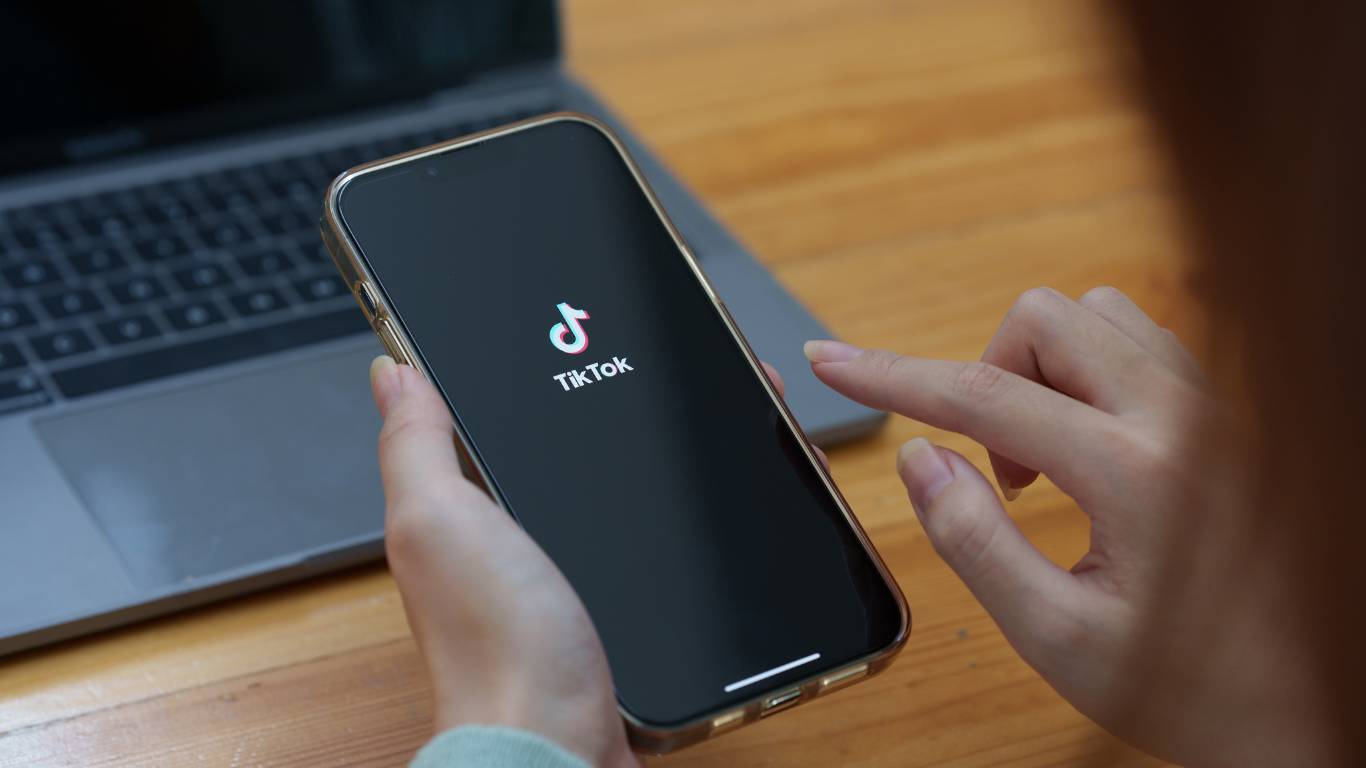TikTok, the popular social media platform, is facing a surge in restrictions and bans worldwide. The United States, in particular, is considering a ban, with a recent congressional hearing involving TikTok CEO Shou Zi Chew garnering significant attention. Across North America, Europe, and Asia, numerous countries are implementing restrictions due to heightened concerns about privacy and cybersecurity, stemming from the platform’s parent company, ByteDance, and its ties to the Chinese government.
Afghanistan: In April 2022, the Taliban in Afghanistan banned TikTok, citing that the platform’s content was inconsistent with Islamic laws.
Australia: On April 4, 2022, Australia banned TikTok from all federal government-owned devices, citing security concerns raised by the Department of Home Affairs.
Belgium: TikTok was banned from the work phones of government officials in Belgium, with Prime Minister Alexander De Croo emphasizing the need to be cautious due to the platform’s Chinese ownership and alleged cooperation with Chinese intelligence services.
Canada: Following the lead of other nations, Canada implemented a ban on TikTok for all government mobile devices in February, citing an unacceptable level of risk to privacy and security. Mona Fortier, President of the Treasury Board, explained the decision as a precaution aligned with international partners.
Denmark: In March, Denmark’s Defense Ministry banned TikTok from employees’ work devices, citing security considerations assessed by the country’s Center for Cyber Security.
India: In 2020, India took decisive action against TikTok, instituting a nationwide ban on the platform and 58 other Chinese apps. The ban followed a deadly border clash between Indian and Chinese military forces, making India the largest country to impose a blanket ban.
Nepal: In November 2023, Nepal banned TikTok, citing its disruption of social harmony. The decision, reported by the BBC, was effective immediately, with Minister for Communications and Information Technology Rekha Sharma expressing concerns about the spread of malicious content on the platform.
The Netherlands: Although not a complete ban, Dutch officials were advised not to use TikTok, aligning with similar decisions in other government service bodies. The Netherlands, however, is reported to have less monitoring in place.
New Zealand: Following the lead of several European countries, New Zealand’s parliament announced a ban on TikTok on all staff devices. The decision was based on expert analysis and discussions with colleagues across government and internationally, deeming the risks unacceptable in the current parliamentary environment.
Norway: The Norwegian Parliament implemented a ban on TikTok for governmental devices in March. However, civil servants are allowed to use the app on personal devices for professional purposes. Justice Minister Emilie Enger Mehl highlighted concerns about Russia and China as significant risk factors for Norway’s security interests, emphasizing the decision’s alignment with intelligence services’ recommendations.



